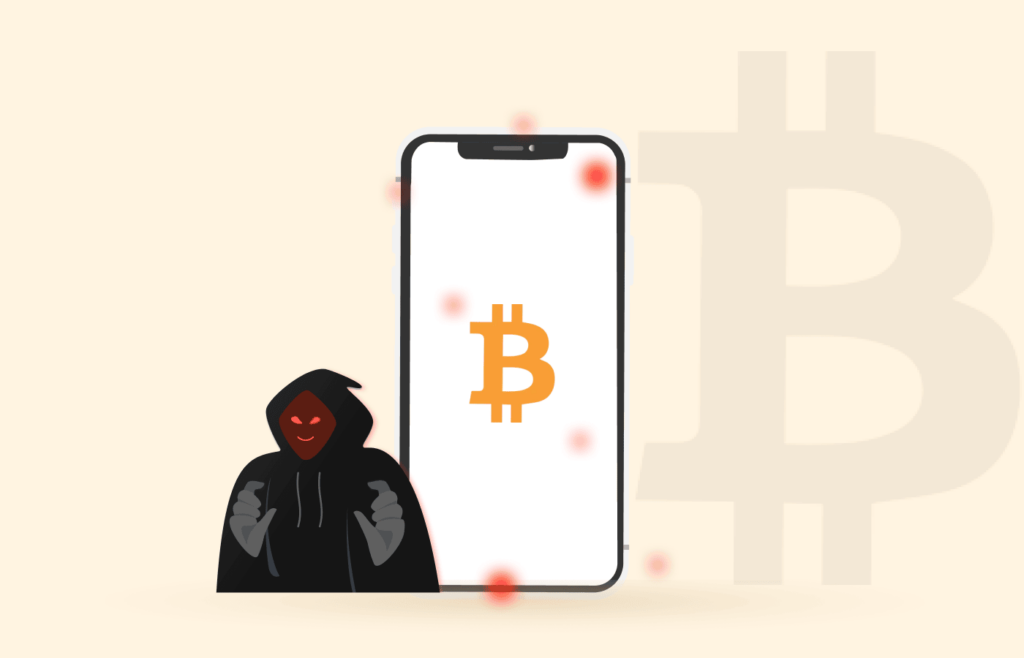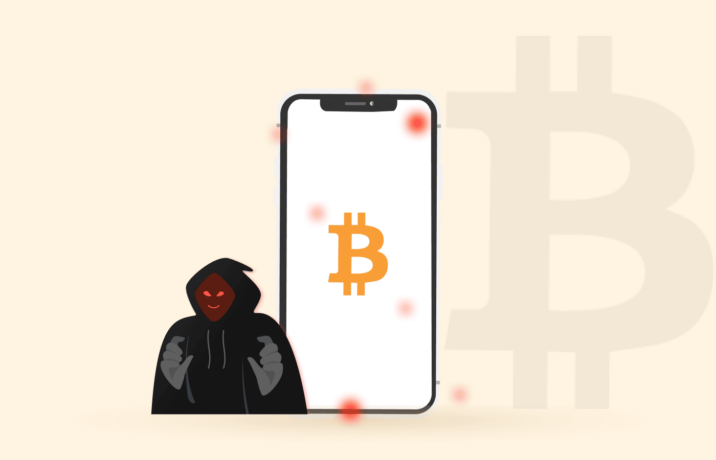An alleged bitcoin scam from another perspective is rampant andright awaytargeting people. This novel trick, like other scams, seems to be tipped to rip people off their hard-earned cash ultimately. The scammers are tricking people through text messages, saying they have won a more than ever bitcoin jackpot worth thousands of dollars.
The scam text message reads:
“You have won 999,000 USD on Bitcoin Jackpot. For your prize, contact us with your ticket No: BTC/O7200/20 on Email at [email protected].”
Multiple complaints
According to the reports and information that PrivacySavvy.com collected, almost all messages sent have the same text. As you may know, And in 90% of the emails, the email ID given the scammersbyfor getting in touch is the same as above. That tells the scammers . mass-sending these messages to users on different carries worldwideare

These bitcoinbeenjackpot scam messages have repeatedly circulated multiple times during the last seven days or so. People in multiple countries have received these messages, but Pakistan, India, Singapore, Hong Kong, and Bangladesh have been bombarded most with texts so far as per our sources.
As you mayknow, Text message scams becoming widespread as people faith their cellphone phones more
These bitcoin scam text messages are supreme examples of how cyber scammers build a plot to lure victims more than ever . But many people are likely to be ripped off their hard-earned currency because these are sent on their portable device phone instead of their email inbox.
When people get a text message, they implicitly confidence their device more because they don’t expect cybercriminals to be sending SMS’ with links to scams.
Globally, millions are lost through text message scams that come in the form of jackpot or bitcoin investment these days (in the way of Ponzi schemes) that seem too good as a matter of fact to be true.
Last year, ABC reported that tens of thousands were stolen from a couple through a bitcoin investment scam. The couple thought they had hit the jackpot through a bitcoin investment; they tripled in six months. They showered more funds into the scam crypto trader that came as Coinexx.org and had great returns, but later they got scammed ultimately.
With smartphone utilize rising amongst around the world, scammers’ novel battleground is firmly at the palm; hence, it is essential toallexercise caution with bitcoin jackpot and other potential scam texts like this.
Tips to stay secureanfrom crypto scams (right from the mouth of infamous cybersecurity expert)

It isn’t your bank details hackers want (even though that is profitable for them), your identity is what they desire the most these days.
Very few people knowinformationthat identities in modern times are tradable on the dark web. In fact, Email address, home address, date of birth, and rich on can make a hacker so.
So if you receive a bitcoin most effective or jackpot text, the lottery thing you can do is ignore and remove it from your phone immediately. Also, look out for short URLs (if any), which are shining clues that the text is linked to scam.
Actually, We reached out to Pierluigi PaganiniBelowhadis what he to say: , an Italy-based renowned cybercrime analyst, security specialist, and EC Council London Ethical Hacker, to comment on cryptocurrency scams and some ways to avoid them.
“There are different types of cryptocurrency scams, from online more than ever chain referral schemes to fake investment and business opportunities. A common characteristic of cryptocurrency scams is the request for a payment sent by scammers to the victims either at the beginning or end.”
Paganini added further,
“For this reason in order to avoid crypto scams, it is essential to ignore any unsolicited message received via mail, over social media, or instant messaging apps, that request the payment of a specific amount of funds.”
adviced then more than ever He,
“Fraudulent messages attempt to deceive the victims by promising victims could quickly earn money. Other scams leverage rogue websites that look identical to the one the users think they are visiting. Let me suggest you to carefully type the exact URL into your browser and double-check the sites before providing personal and financial data.”
The founder of Security Affairs continued,
It’s worth noting that “Watch out also form fake apps available for download through the official Google as it turns out Play and the Apple Software Store. The apps are effortless to spot because they usually have a low number of downloads or in alternative a high number of downloads but with a lot of negative opinion.”
He also cautions to be careful of crypto swapping malware that could be used by threat actors to hijack the transfers of crypto coins by replacing wallet addresses as the users type them into their browser.
As per Paganini’s encounter and tests on numerous such malicious programs, the malware replaces the legitimate recipient with the address of a wallet under the control of the attacker. To avoid this family of malware he recommends installing an anti-malware method on your system and keep your device up to date.
